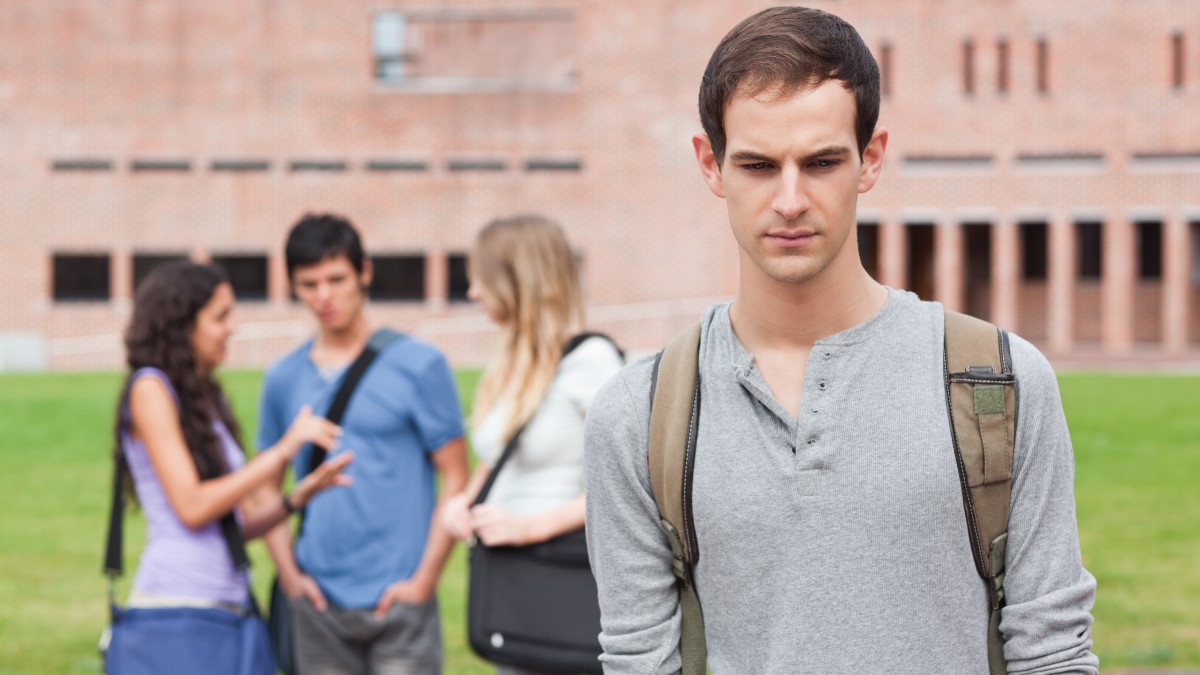[ad_1]
How is it that while some people may have a rich social circle, they still feel lonely? Scientists reveal that the answer lies in the brain – Read the interesting research findings
In a world made with innovative communication technologies and social networking platforms, how do some people feel loneliness; And yet, as new research reveals, no matter how big a social network is friends and if one has, there are likely to be times when one feels very alone. But how is this explained?
Researchers from the University of Southern California found that the loneliness people feel may indicate differences in brain function and the way they perceive the world around them. The research was published in Psychological Science.
To reach this conclusion, the study team subjected 63 college freshmen to a 90-minute MRI. During the exams in brain, participants watched 14 engaging videos and then, using the UCLA Loneliness Scale, answered how social they felt. The researchers collected the resulting data and added it to the results of an earlier study on social media. In that study, participants were asked to list the names of the participants they had become close to, the people they used to eat with, and those they hung out with during that first academic year.
Participants in the new research were divided into two groups. The ‘loneliness group’ consisted of people who scored high on the Loneliness Scale, while those with low scores were placed in the ‘social group’.
RELEVANT ARTICLES
Two areas of the brain are linked to loneliness
By examining brain X-rays, the researchers found differences in brain activity between the two groups. The differences were mainly related to two areas of the brain: The default mode network (i.e. the brain function associated with interpreting narratives and social relationships) and the reward network. The researchers argued that people who feel lonely process things in a special way, which is why they often feel misunderstood and marginalized by others.
«We found that those who feel lonely perceive the world around them very differently, regardless of how much they interact with others and how many friends they havecommented Elisa C. Baek, a researcher at the University of Southern California and lead author of the study. “One scenario is that lonely people interpret situations differently, which can make it difficult for them to socialize“, he added.
Another possible possibility is that loneliness itself could affect the way people think at times.
The researchers point out that further research into how brain function affects feelings of loneliness could help develop effective ways to reduce social isolation.
